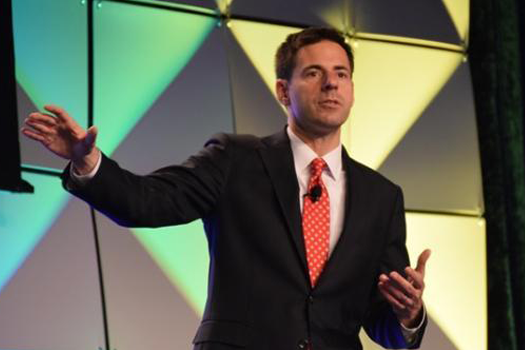

By 2020, the majority of cars will be transformed into most modern computer-based means of mobility and self-driving will be the norm. People will have no control over cars such and Google self-driving cars will be everywhere. And now the time starts when cybercrimes will be a serious threat for cars.
It’s a cold morning of 2020 and you are ready to leave for work, as you start your premium family car for the morning commute, something goes wrong as your central display goes off or dead. Suddenly you feel a blink on it and it turns into life but with the unusual message rather than a map or your car information. It says that “You are Locked! Or your car has been hacked!!! We are controlling your entire computer, car data, brakes, and steering system. To unlock your system wait for our next message…
Don’t worry! You are not alone as there will be more than 10 million connected cars in the UK by then. There are around 1.8 million in 2016 with limited connectivity or full wireless connectivity. These cars can get updates and diagnose the issues itself and very soon the destructive malware as well. You will the one of the millions of drivers who will be getting their first taste of hijacked cars.
The managing director of Kaspersky Labs software security specialists of Europe has stated that it might sound like a fantasy or a fiction movie but this could happen. He says that it happened with the desktops in the past, tablets, and laptops now and will happen to the cars in the future.
It is a question of time that how they will control your car engine, your steering, and everything and answer a very simple Google Smart Car. Everything controlled by computer and if is computer will go into the direct control of anyone else, he can control everything.
The Kaspersky Labs contracted by Ferrari F1 team which at each race uses hundreds of sensors and relies on them. There sensors give real-time data on thousands of points every second. They monitor tyre pressure, fuel usage, speed and brake force etc., all happens hundreds of times every second at 200 miles plus the speed of F1 vehicles. The laptops of race engineers scrutinize the data and Kaspersky make sure that every single kilobyte of data must be secured and not infiltrated at all. The director of Kaspersky Labs stated that on the race day, they notice a significant increase in the malware traffic so, securing the data and systems has never been as important as securing your connections. It is a tough job to handle this basic traffic and it will be very hard in the future when everything will be even more sophisticated.
It is possible because the shocking ease of hijacking a car was illustrated last year by two guys when they remotely controlled the Chrysler Jeep and controlled all its functions remotely and ditched it into a pond. They showed that how easy was that to hijack a hi-profile vehicle for them.
It is one of the very alarming dilemmas for the future of driverless cars. The majority of automakers and automotive experts are predicting that the 2020 will be the year of autonomous mobility in the USA and UK along with several other countries. Automakers are aware of the situation and they are making ventures with security agencies as Ferrari is already using world’s best security firm for the data protection of its vehicles. They have contracts with Kaspersky Labs for Ferrari F1 team and all its data security. Similarly, the SQS, one of the leading rival program security firms, was hired by several automakers at the same time to protect their systems and data up to now, says Stephen Morrow the director of SQS, head of protection and security offerings.
He stated that cybercrime has resulted largely in authorized exposure and asset theft for companies such as online shopping, giant utility store Home Depot and Sony graphics entertainment, which suffered most from this hacking game in the past.
Soon, the security agencies and software offering organisations predict that the next attacks will move into the automotive sector where computers are swiftly dominating and replacing the human interface with possibly catastrophic results. Producers have got to get on top of things and take security rather more seriously.
The Head of security and protection at SQS says that the automobile industry worldwide had a very slow start but it is highly likely that they will pick up the pace very soon to protect the vehicles from bad guys. At the moment the automotive industry doesn’t take cybercrime seriously but soon they will have to take it is serious, he says.
For years automobile companies bought open source programs and software to run the vehicles but now there are around 40-60 computers which are involved in controlling functions in an average car, luxury, and top end vehicles are far away with hundreds of sensors and computers as well. Who vetted the software experts who wrote the codes that what bugs already lie dormant in car computer and ready to be manipulated? It is very easy to hack the open source software.
Chief technical officer at Thatcham research, Andrew Miller, his company conducts digital hazard assessments on all new cars brought to the UK market, says that they have connected cars available in the UK now, many utilising a non-detachable e-sim to bestow, or Wi-Fi device, or your cell phone. It’s an astoundingly complex area empowering one computer to speak to others in the area, and offering principal benefits. It’s additionally an emerging threat and with more connected vehicles, that hazard will broaden for motorists.
This threat will remain active but nobody is actually aware of this threat however the chances to be proactive are very bright and fighting against these threats is the only solution.